Thirty years ago, rapper Biz Markie released a hit single, “The Vapors,” highlighting his experience with various people in the neighborhood that would ignore him and his hip-hop collective, The Juice Crew. That is, until their songs got played on the radio and they started selling out clubs, making hit single after hit single. Suddenly, these same people were all interested in Biz, The Juice Crew and their success, and they wanted to tag along for the ride. They’d caught “the vapors.”
Thirty years later, the hype around cannabis is causing a major case of the vapors here in the U.S., within the government, with VCs, as well as the broader, global capital markets. And never has there ever been a case of the vapors quite like this.
Everything changes when you’ve got that green
It’s a well-known fact that official policies around narcotics in America have varied wildly over the past century. One consistent thread has been the concerted effort to paint drugs and segments of the population most inclined to using it in a negative light once a specific substance has been deemed illegal.
For example, when cannabis was outlawed in 1937, the original Federal document referred to it as “marihuana,” a Hispanic slang term that until then, was not a commonly used word for the plant. Accounts have suggested it was chosen to make the drug instantly associable with Mexicans or non-white people, and thus fuel fear and support of harsh anti-cannabis policies.
Decades later, there’s an obvious chasm between the number of people of color who have been jailed for simple possession as part of the “War on drugs,” and the number of wealthy white men -- who got the vapors -- and are now making millions in profit from the previously taboo (and still Federally illegal) cannabis plant.
From the dot-com bust to the green rush
Currently, attaching the word “cannabis” to any kind of startup or venture seems to short-circuit investors’ brains. The same holds true if you can apply the word “tech.”
Never mind what these companies actually do -- if cannabis or tech is involved, apparently you can’t lose.
It helps to remember that the last time we saw this level of insane enthusiasm for over-hyped companies that had never made any money, it didn’t end well.
In the late 90s, the buzz about Silicon Valley valuations and an attitude of “gain users first, find revenue model later,” created an environment rife with silly decisions. Acting fast was more important than devising a sustainable strategy, and patience was in short supply. Valuation hype encouraged short-term schemes rather than strategic thinking -- so everyone caught a case of the vapors, and we know how that turned out.
Believe in business fundamentals - not the hype
Established companies of all stripes, particularly in cannabis, need to be less impressed with billion-dollar valuations and more concerned with business fundamentals like debt, cash flow, and supply and demand.
For instance, if a company does not have a sufficient supply of products, it will fail. Likewise, demand for the product must remain at a certain level in order for it to be successful. Strong business fundamentals are considered essential for long-term success and stability. Except when it comes to cannabis.
Take this week’s news about Aurora Cannabis, and the company’s plans to expand its production capacity from 150,000 to 500,000 kilos per year by mid-2020. Canopy Growth, for what it’s worth, is also on track to produce 500,000 kilos of cannabis per year.
These and other large cannabis producers are falling over themselves to ramp up production capacity -- pushing operating costs up and driving pot prices down. The thing to keep in mind here is the market doesn’t need millions of kilos of cannabis. Globally, cannabis producers are already making more pot than can ever be smoked or consumed. (Unless we invite Snoop Dogg, of course).
What’s more sobering is that Aurora Cannabis is losing an outrageous amount of money, with losses growing by the day. In Q3 2019, the company lost $160 million. That’s 8X more than a year ago. And yet, the company continues to invest in new farms and greenhouses spanning millions of square meters, most of which are simply unused.
Now don’t get me wrong, I’m extremely cognizant of the fact that to some extent, it’s normal for a fast-growing, early-stage company that’s investing heavily in growth to have losses -- even substantial ones. But that doesn’t solve the problem of poor business fundamentals like high costs, inadequate revenues and a massive maturity mismatch that makes it extremely vulnerable to worsening economic conditions, capital constriction and a glut of unwanted/unused inventory.
Not all cannabis bets will be big wins
You’d think the sorry tales of Uber’s IPO and WeWork’s recent failed attempt at one would give Aurora Cannabis’ management and investors pause. But clearly, they got the vapors. Like WeWork and Uber before it, Aurora may never make a profit and has no idea when – if ever – it will deliver one.
In times when money is cheap, a great deal of cash gets invested into startups, elevating valuations and making headlines. Once money gets tighter, as it inevitably does, many of those startups suffer, and that’s where we’re at in this point in time vis a vis Uber, WeWork, and soon, Aurora, et al.
We’re at a crucial point in the making of an industry that’s currently being steamrolled by the marriage of capital markets and government regulators all suffering from the vapors.
But not everyone has to fall victim.
We can build a thriving, vibrant industry based on a foundation of business fundamentals and best practices -- not hype.
Professional qualities like common sense, a basic understanding of supply and demand, and the ability to make decisions in favor of sustainable growth vs. short-term gains come in handy when the cash is flowing, but especially when it’s not. We also must continue to highlight the inequity between those who’ve been punished for dealing in cannabis in the past, and those who got the vapors and are currently profiting wildly from it.
Thankfully, the industry is chock-full of trailblazers and operators who put these values front and center every day. They’re the ones who’ve been careful not to buy into the hype and assume acting fast will deliver rapid, bottom-line results.
They’re the ones who aren’t catching the vapors. What about you?
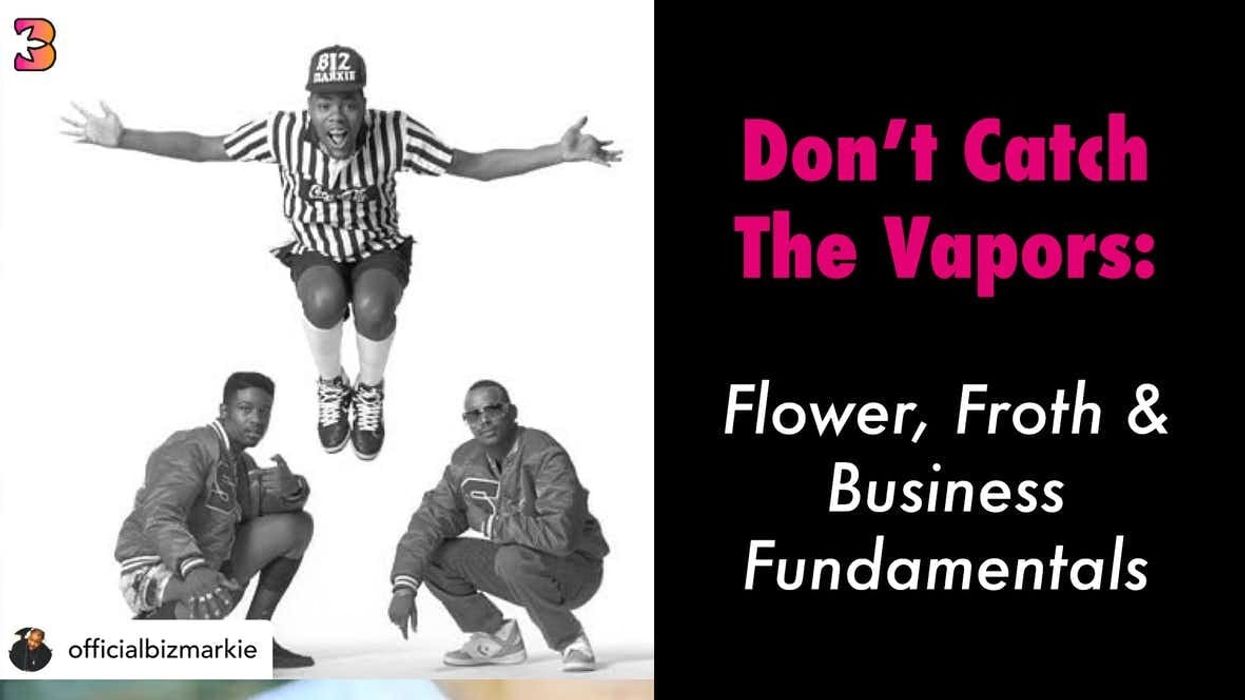






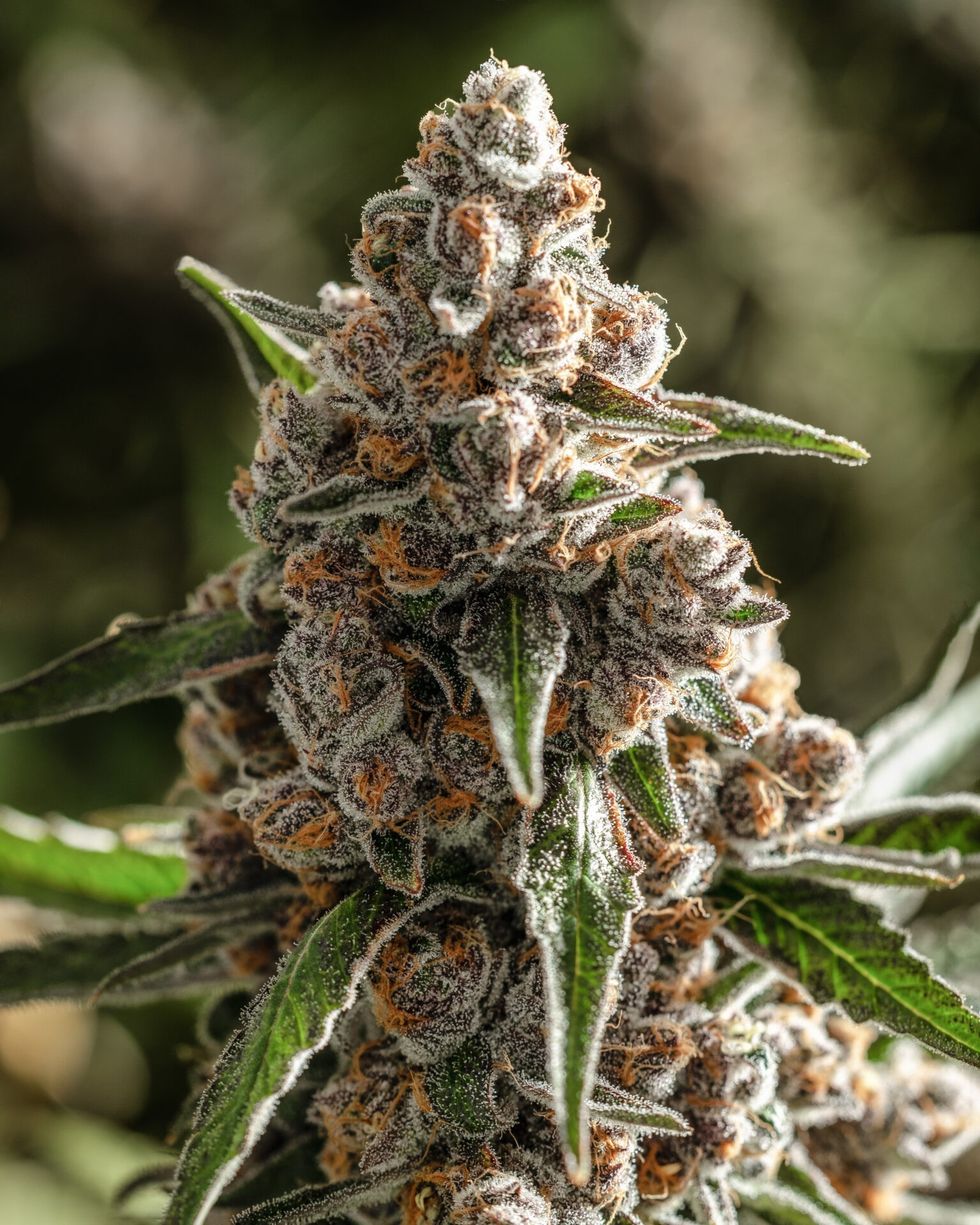 Super Boof Strain: 2024 Strain of the Year - The Bluntness
Super Boof Strain: 2024 Strain of the Year - The Bluntness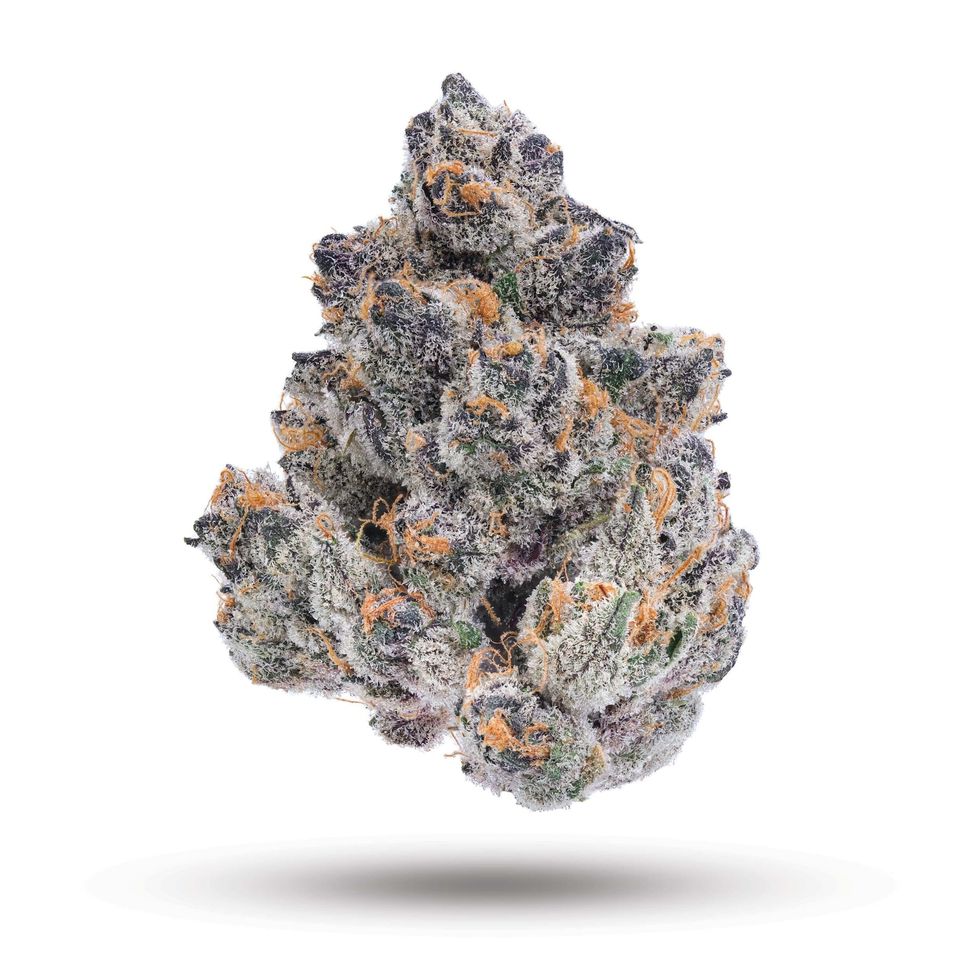 Super Boof Strain: 2024 Strain of the Year - The Bluntness
Super Boof Strain: 2024 Strain of the Year - The Bluntness






 How Long Do Shrooms Last? Magic Mushroom Guide for Beginners - The Bluntness
How Long Do Shrooms Last? Magic Mushroom Guide for Beginners - The Bluntness Psilocybin can provide a life-altering experience. -The Bluntness
null
Psilocybin can provide a life-altering experience. -The Bluntness
null
 “Don’t diddle the dose. Once you have done your homework, go for it.” -- Terence McKenna
The Bluntness
“Don’t diddle the dose. Once you have done your homework, go for it.” -- Terence McKenna
The Bluntness These mushrooms taste gross, but there are ways around that.The Bluntness
These mushrooms taste gross, but there are ways around that.The Bluntness These mushrooms taste gross, but there are ways around that.
These mushrooms taste gross, but there are ways around that.
 How to Make Mushroom Tea - The Bluntness
null
How to Make Mushroom Tea - The Bluntness
null
 How to Make Mushroom Tea - The Bluntness
www.pickpik.com
How to Make Mushroom Tea - The Bluntness
www.pickpik.com
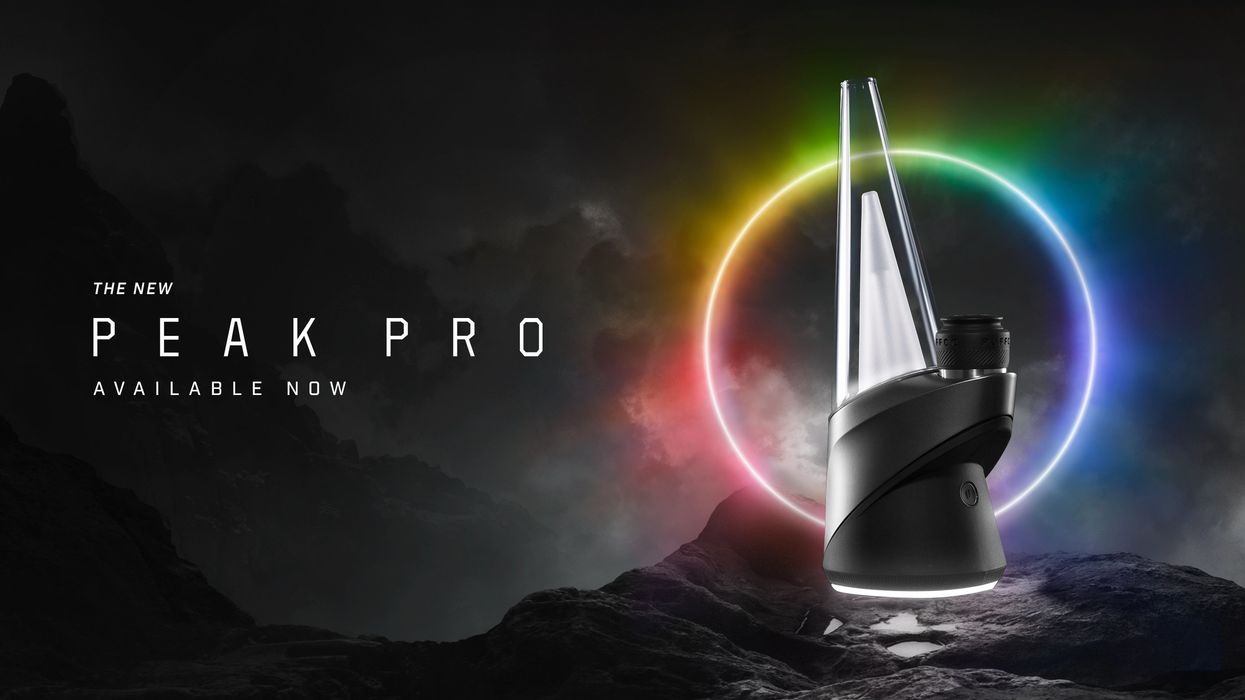
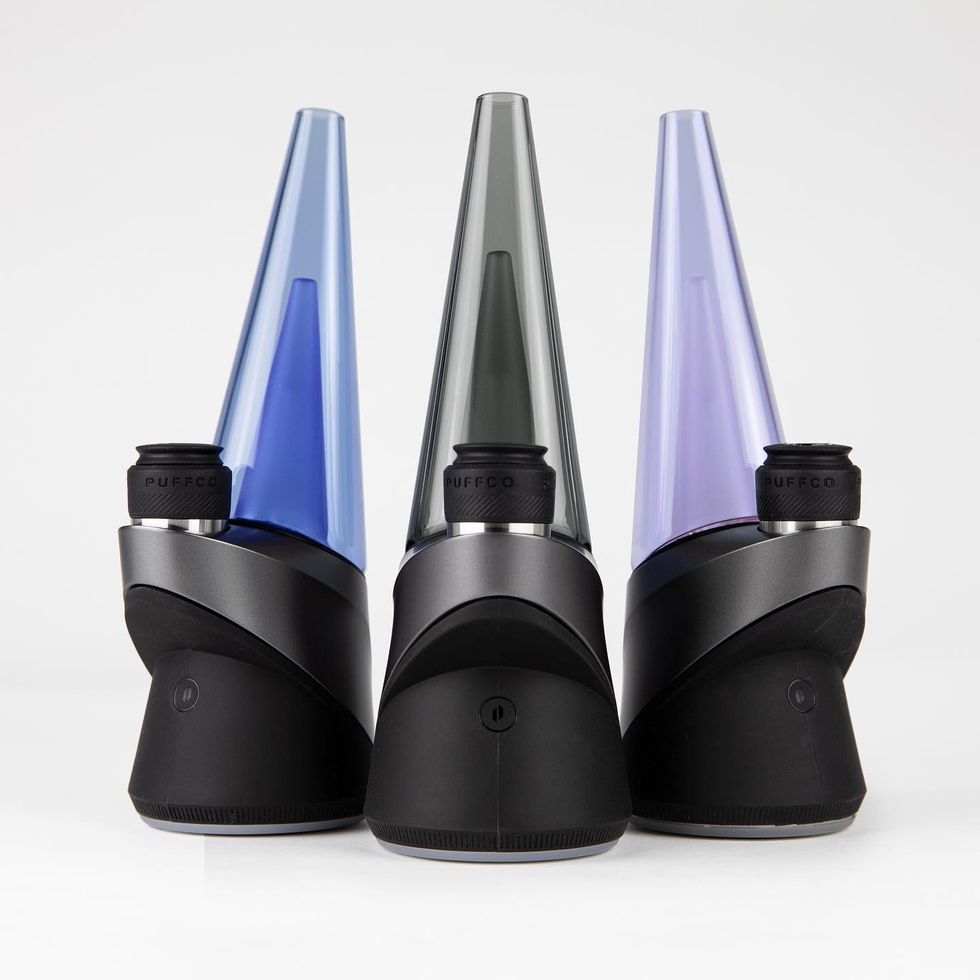 The Puffco Peak Pro brings style and ease to cannabis dabbing.Image from Puffco on Facebook
The Puffco Peak Pro brings style and ease to cannabis dabbing.Image from Puffco on Facebook The Puffco Peak Pro is easy to hold AND easy to use.Image from Puffco on Facebook
The Puffco Peak Pro is easy to hold AND easy to use.Image from Puffco on Facebook The Puffco Peak Pro allows you to appreciate cannabis and innovation at the same time.Image from Puffco on Facebook
The Puffco Peak Pro allows you to appreciate cannabis and innovation at the same time.Image from Puffco on Facebook
 The Truth About THC Candle: Cannabis Candles & How to Make Your Own - The Bluntness
Photo by
The Truth About THC Candle: Cannabis Candles & How to Make Your Own - The Bluntness
Photo by